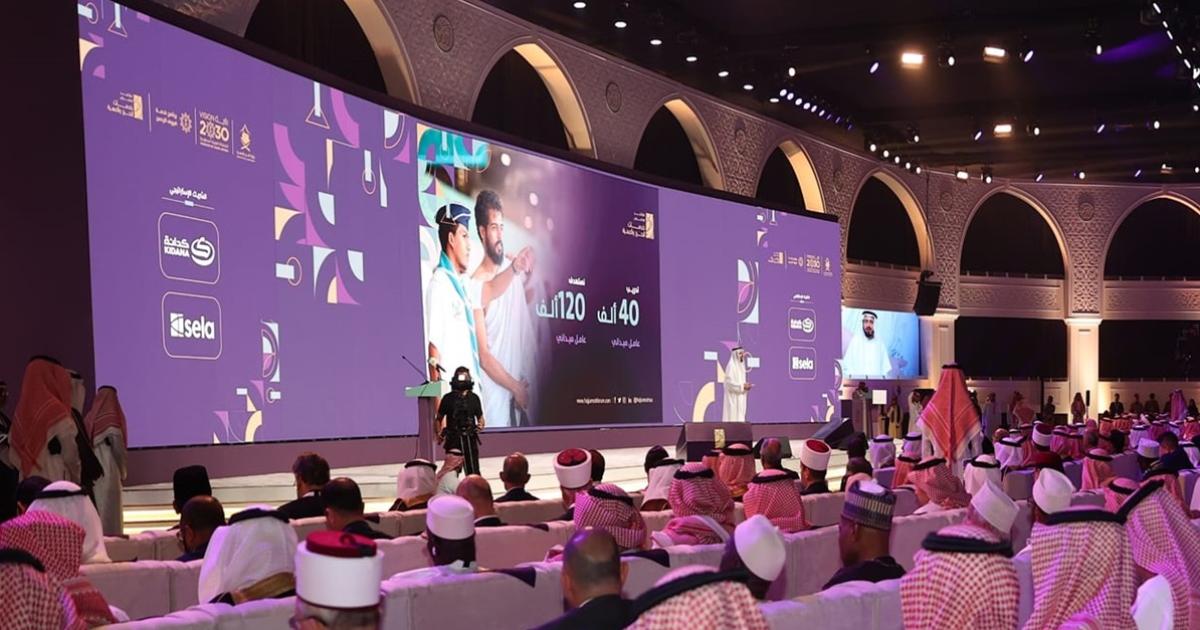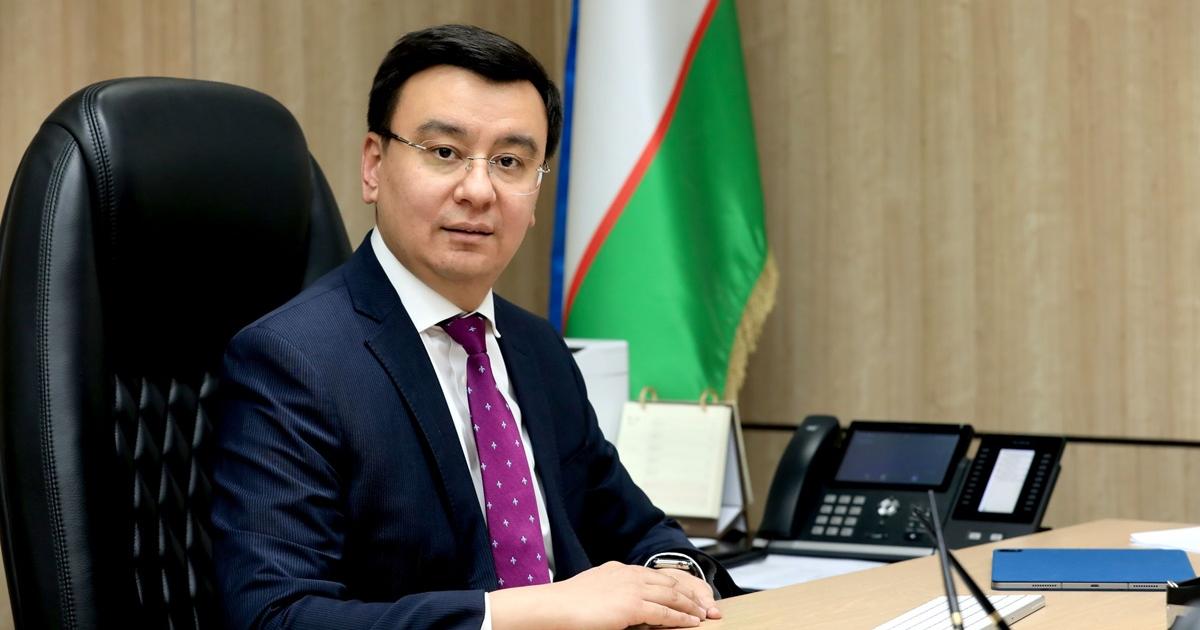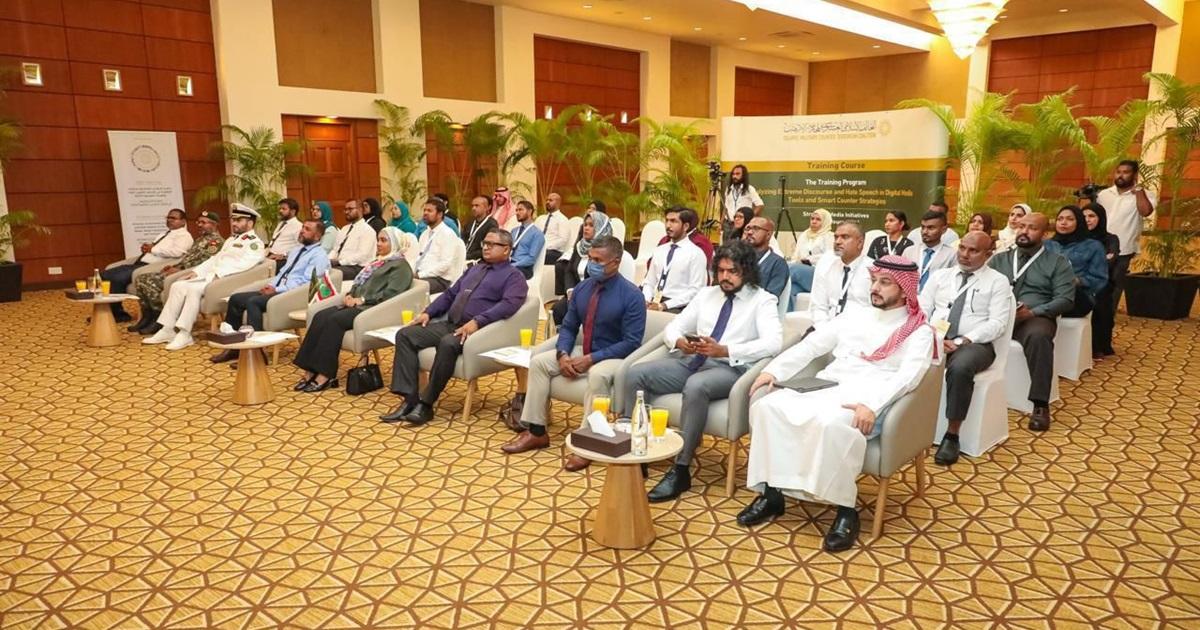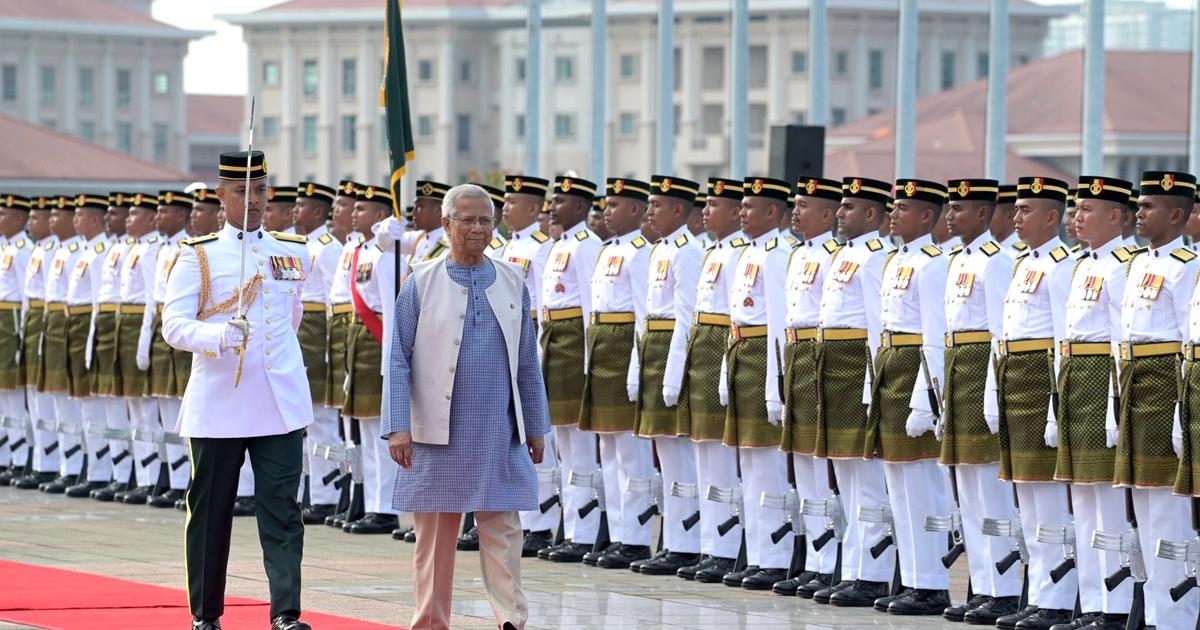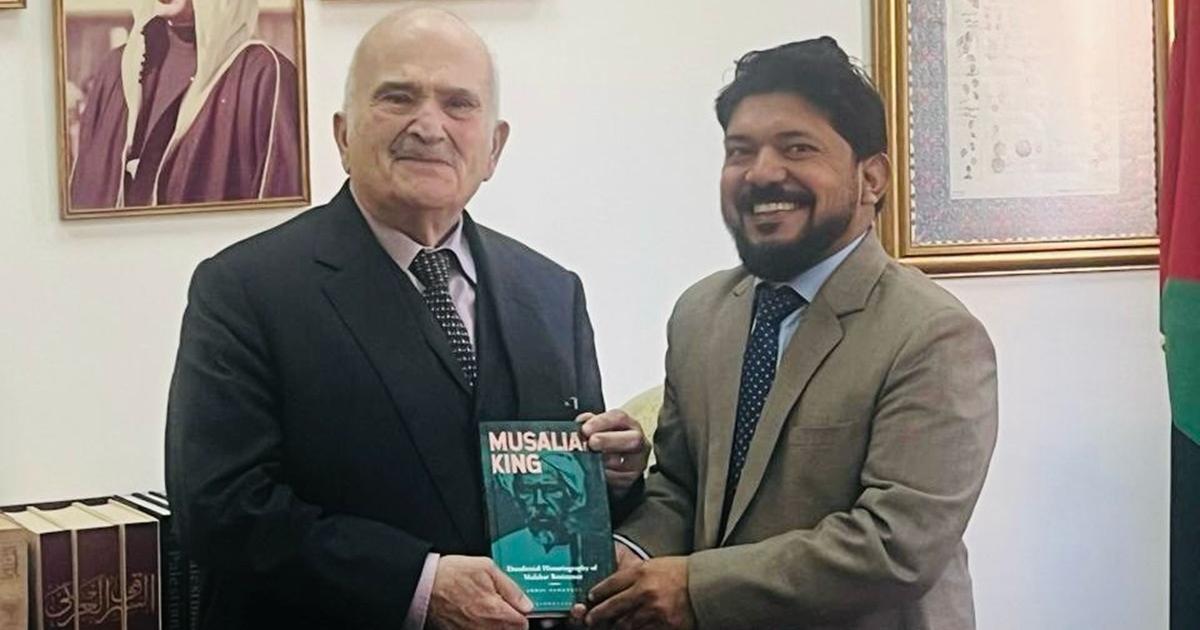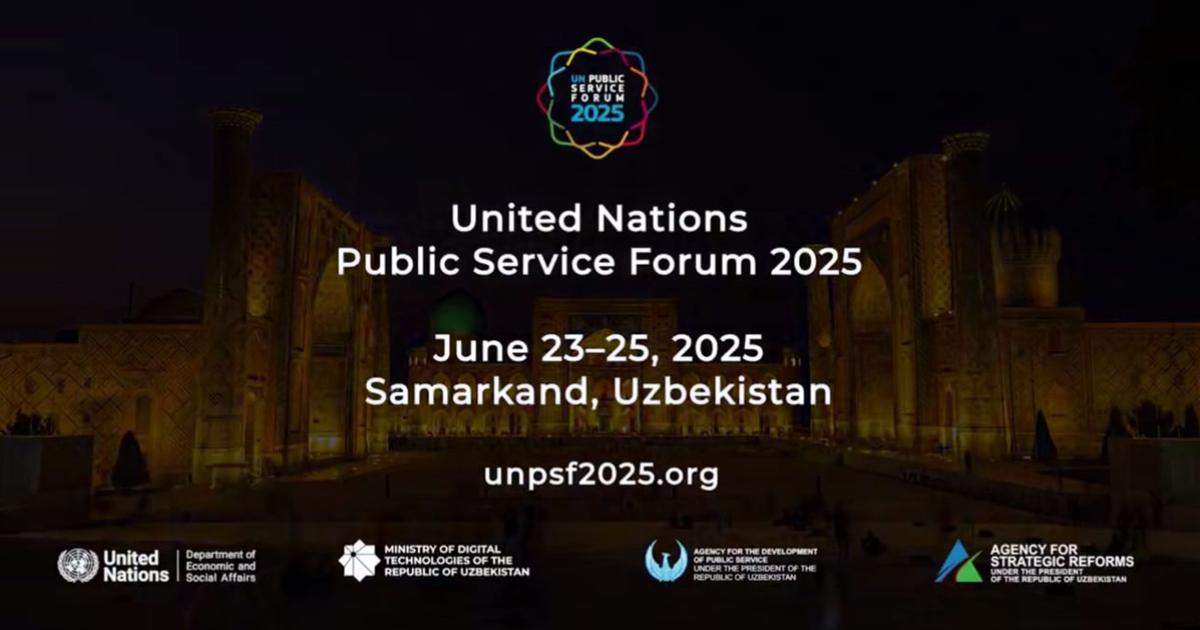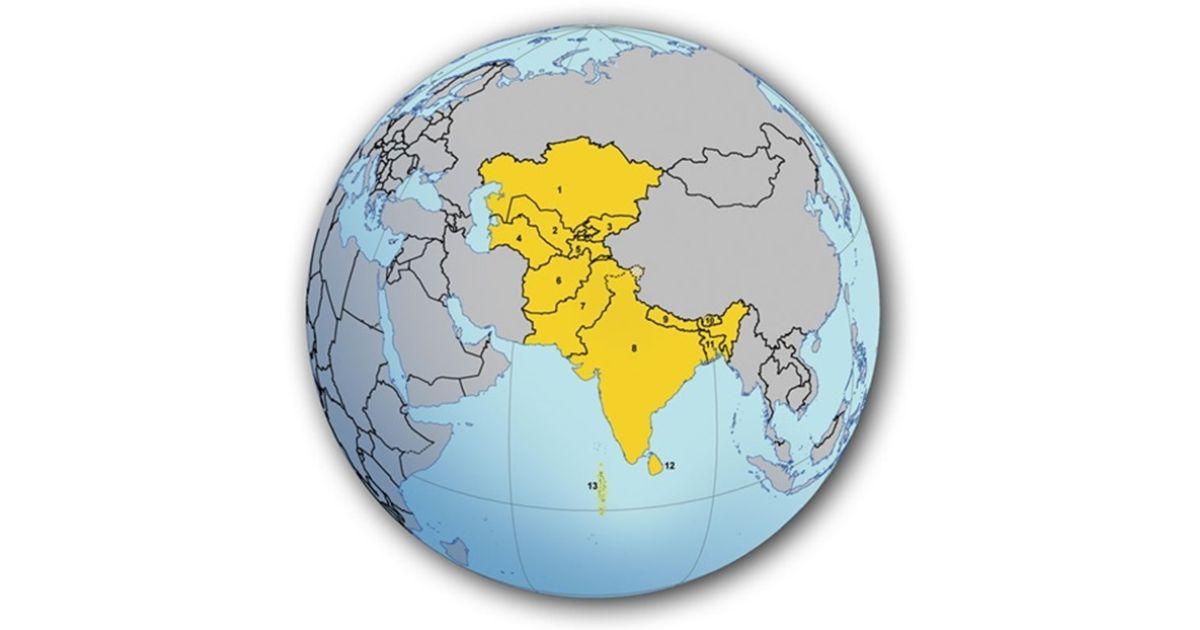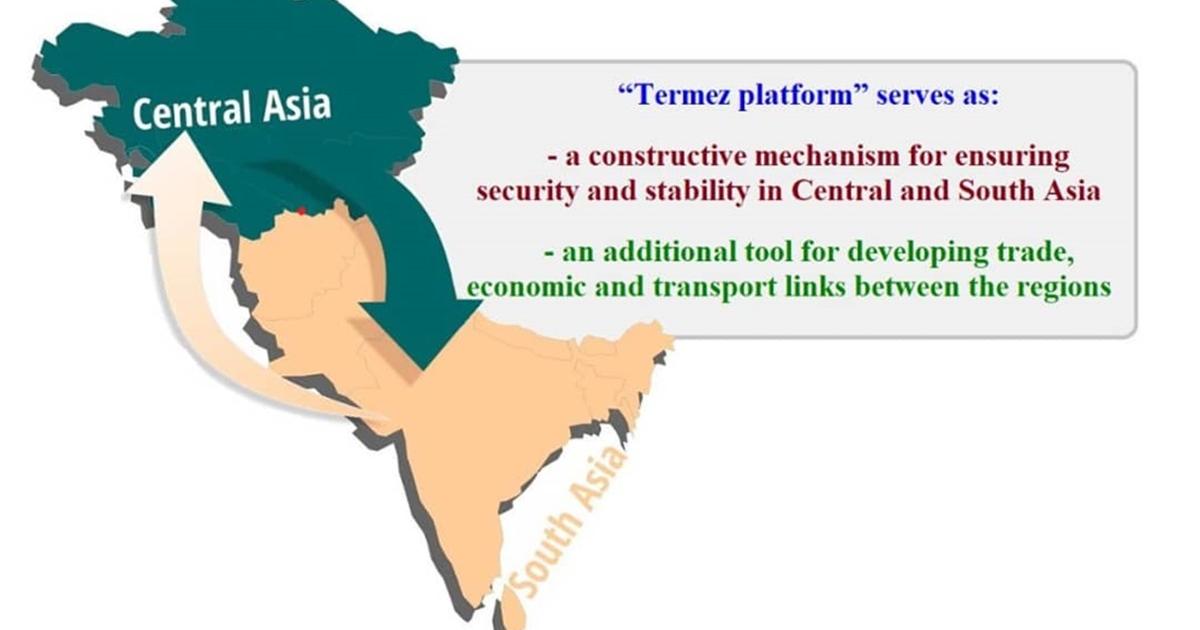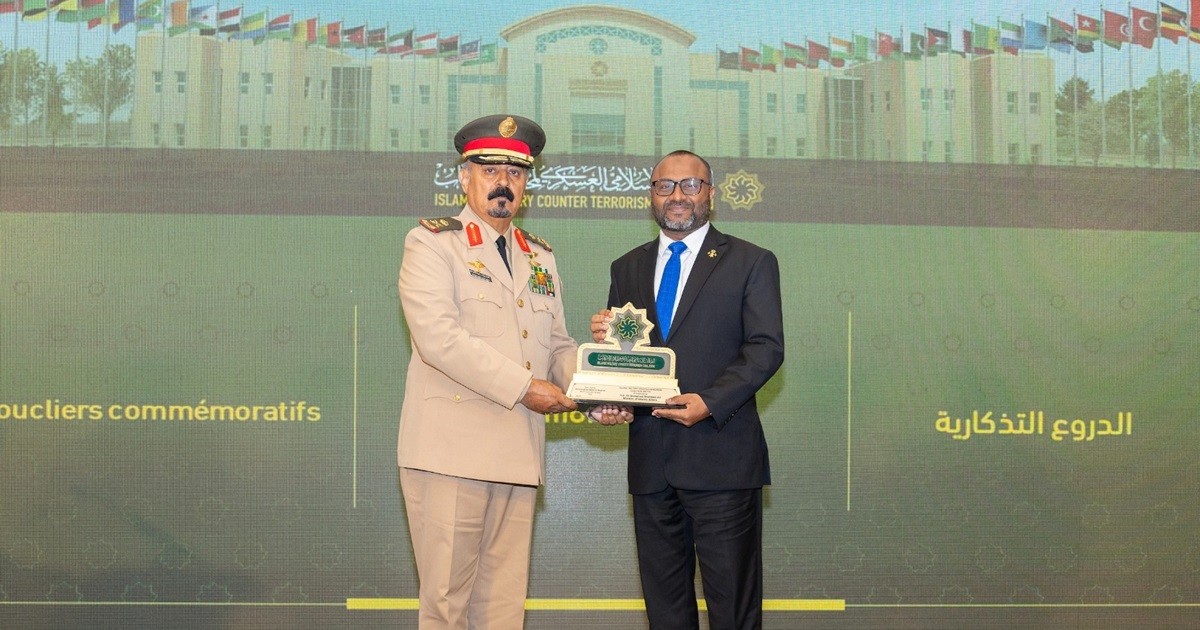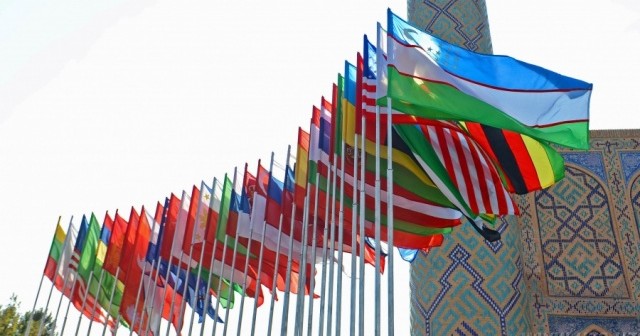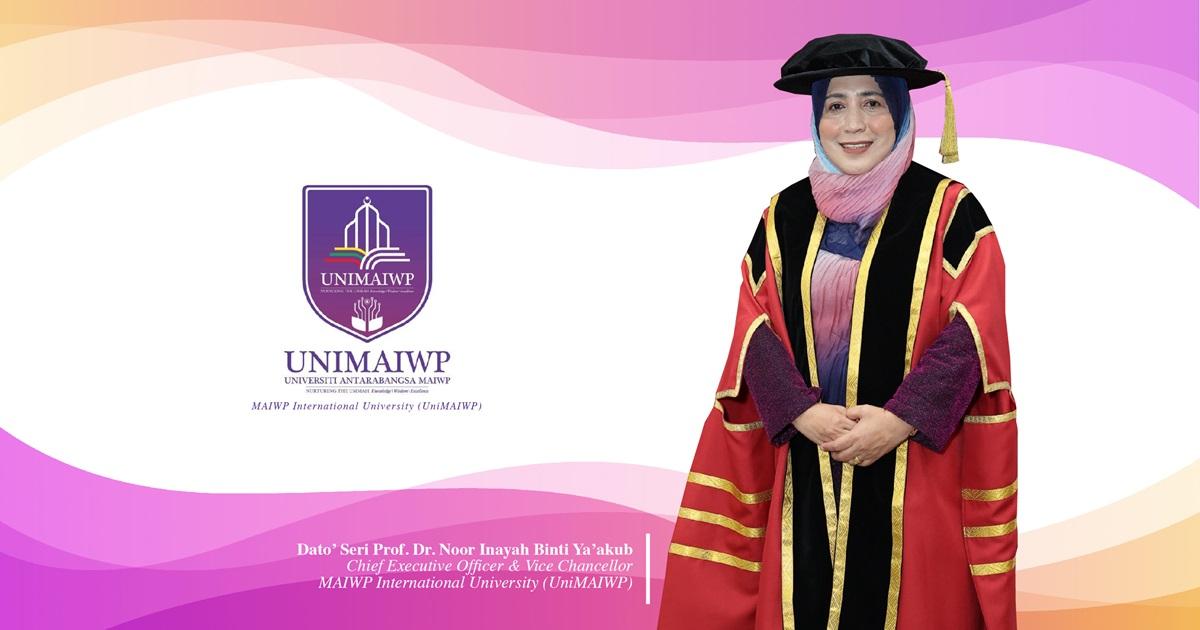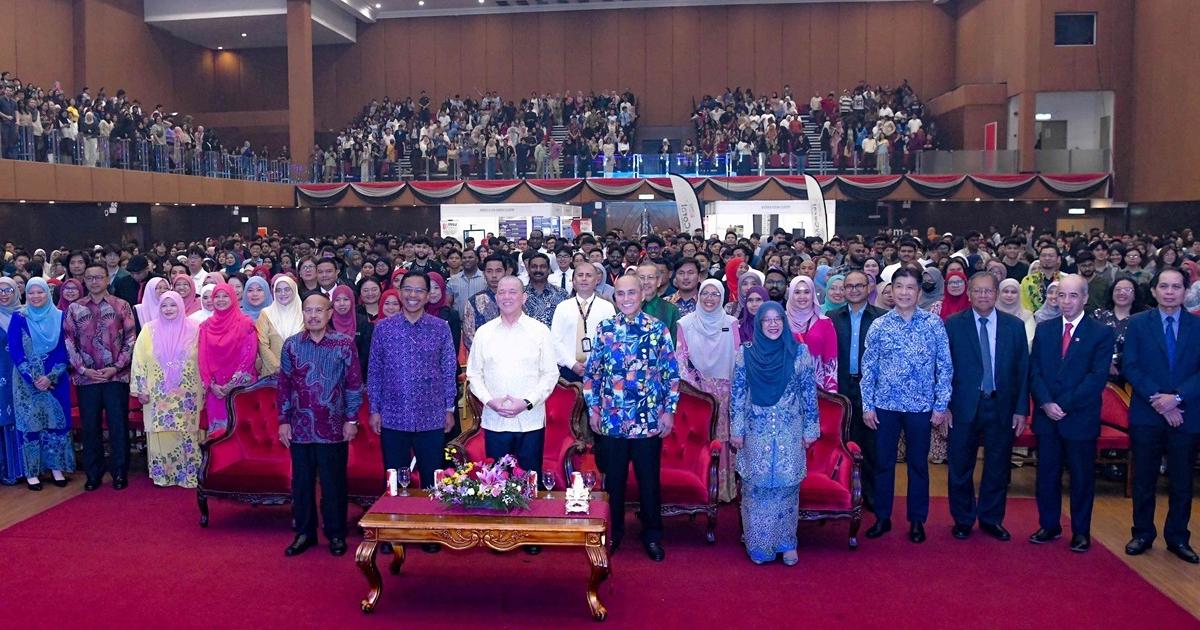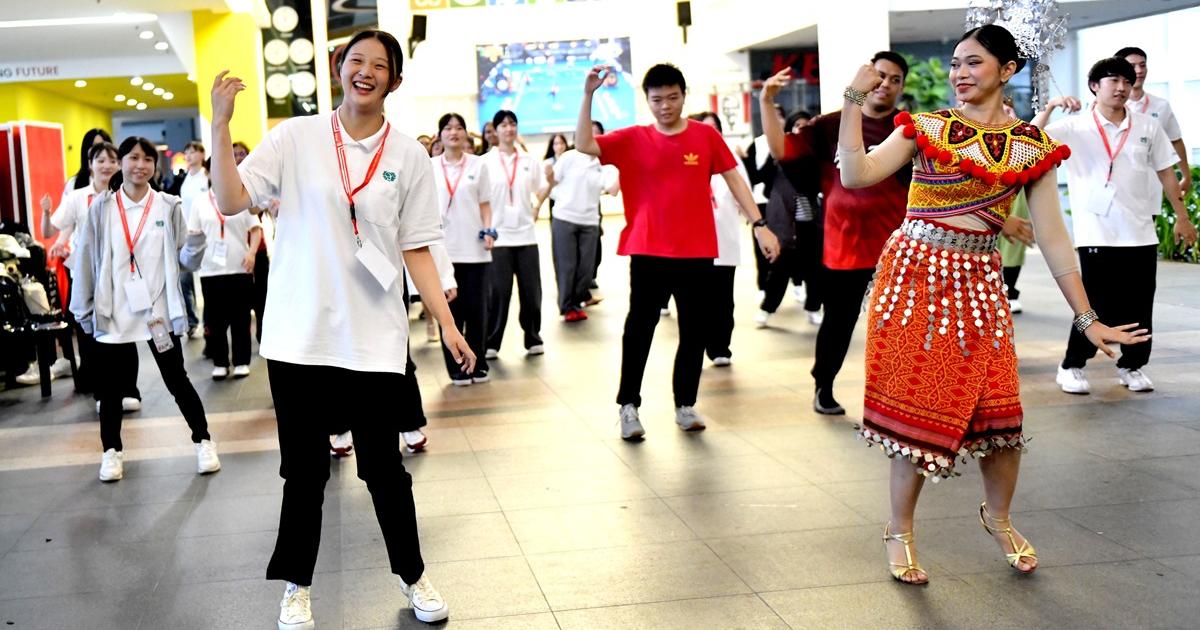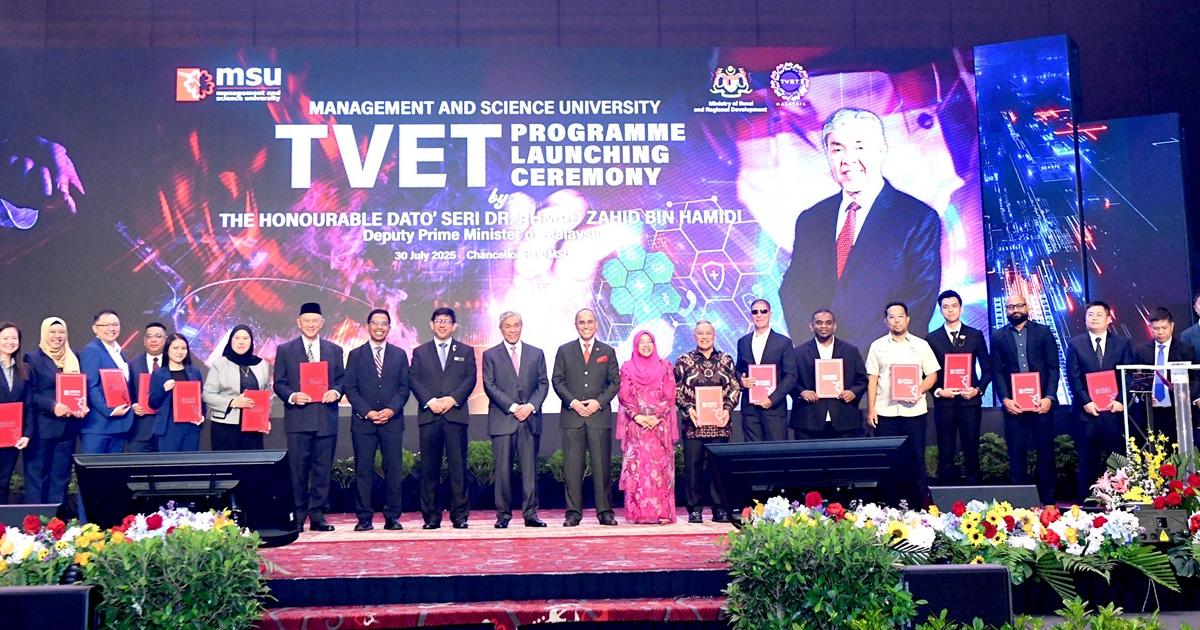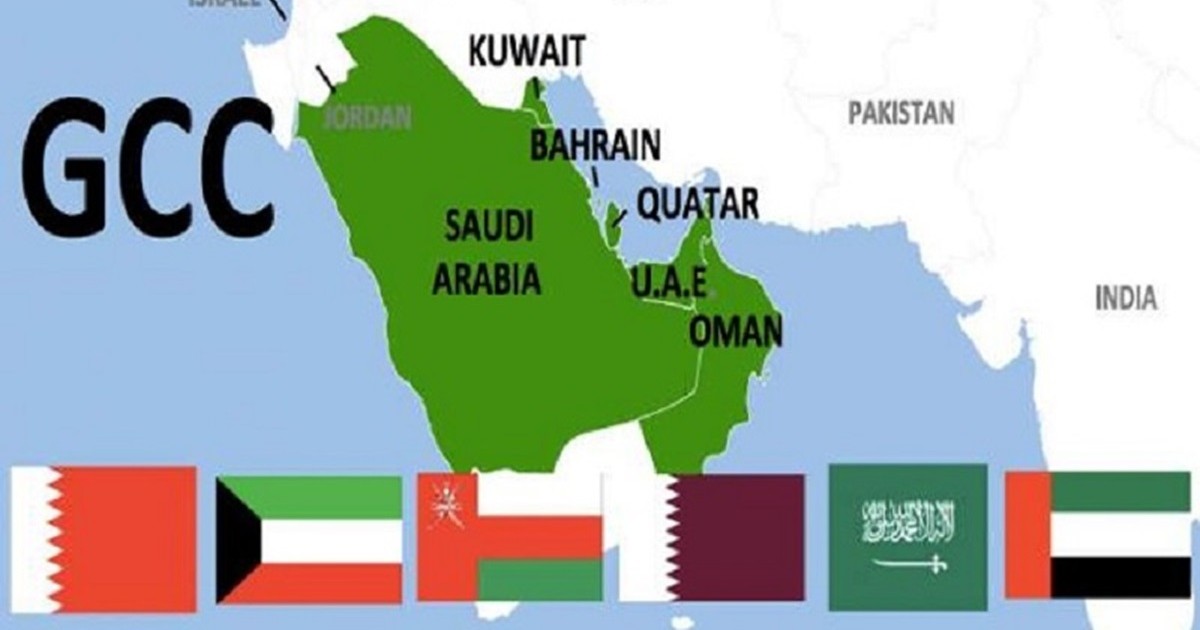
The six member countries of the Gulf Cooperation Council (GCC) have some of the largest economies in the Middle East. The economy of the GCC states has been dominated by oil production and exports, which account for large percentages of each country’s GDP, which reach up to 50 per cent. For a couple of years, though, the GCC states have been battling volatile oil prices through plans to diversify their economies away from oil.
This year brought tougher challenges for these countries as half of the GCC countries are among the top ten OIC countries with the largest confirmed COVID-19 cases as of the fifth of May. The pandemic and its impacts on social as well as economic activities worsened the situation in the GCC countries mainly because the demand for oil declined significantly, which resulted in a smaller volume of production and plunged prices, costing their economies billions of dollars.
But because governments have no choice but to deal with the circumstances as they occur, people’s safety has been put at the top of the priorities. The wealthy GCC nations had to deploy innovative strategies to cope up with the fallout of the coronavirus pandemic. In particular, sophisticated technology has been used in these countries to ensure that movement is limited, and social distancing is in place through the use of speed cameras, drones and robots.
By applying location-based contact tracing, governments can monitor those who have tested positive for coronavirus, or those who are asked to self-quarantine and try to limit their exposure to the population. AI’s ability to process and analyse large amounts of data helps governments worldwide to collect information to try and stop the pandemic. In Bahrain, an application called ‘BeAware’ allows residents to track proximity to someone with COVID-19.
In the UAE, the Department of Health in Abu Dhabi has launched a new application “Stay Home” to ensure that people asked to self-quarantine adhere to mandatory quarantine requirements. “Every person asked to self-quarantine at home will get a username and password to be able to use the app. The app then sends alerts that inform users to stay within the range of movement allowed during the quarantine” Abu Dhabi Media Office tweeted.
The app periodically sends notifications asking the individuals to check-in. The users have to take a photo on the app and finalise the check-in. It will then confirm the check-in with a message that reads “The DOH thanks you for your effort in keeping the country safe”. Since the beginning of April, the UAE has imposed stricter measures to slow down the spread of the COVID-19 after the number of cases started to surge. This includes night curfew and restriction of people’s movement during the day.

Until the fifth of May 2020, Saudi had the largest number of COVID-19 in the GCC region, and the third-largest among all OIC countries, with 30,251 confirmed cases. Qatar comes second in the GCC countries and fifth among OIC nations with 17,142 confirmed cases. The UAE takes the third and sixth places among GCC and OIC countries respectively. The cases in Kuwait, Bahrain and Oman account for 16.38% of the total GCC patients. While the recovery rate from COVID-19 in the GCC countries is 20.26%, less than the world’s figure, the fatality rate is extremely low at 0.56%.
- Business News 100
- Country News 16
- Feature News 30
- International News 151
- Interview News 35
- National News 18






